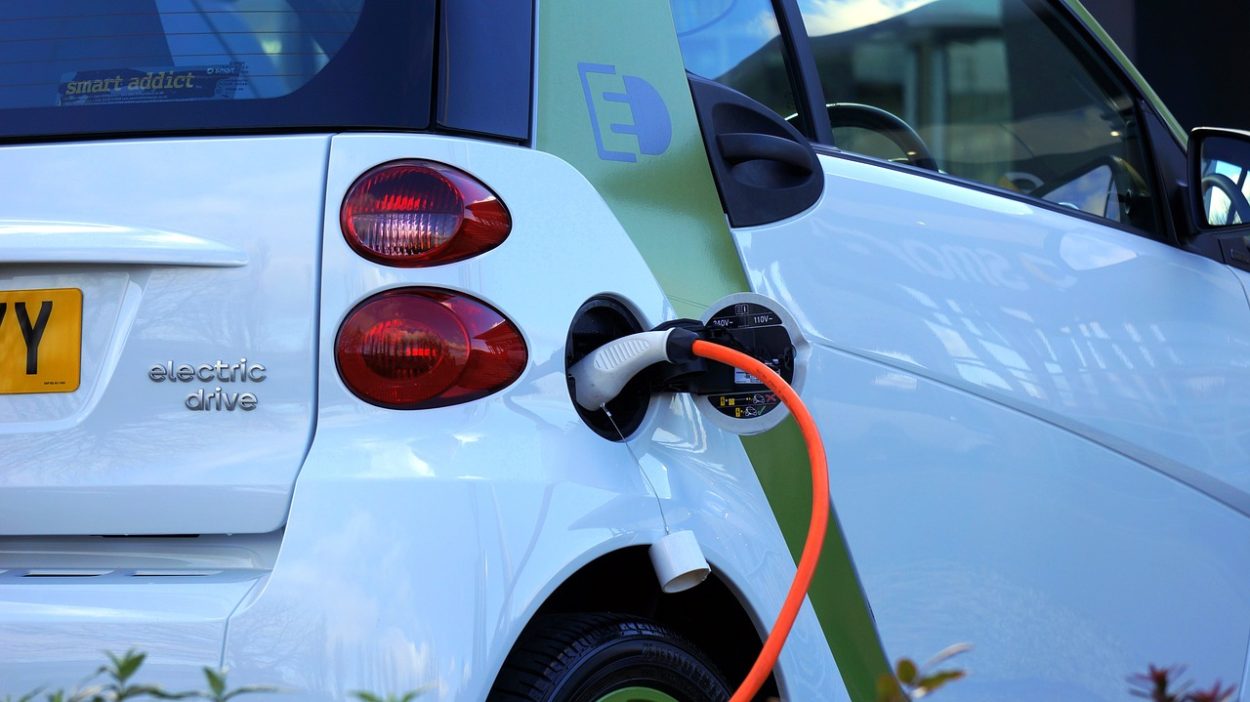
Every so often I read a single piece of news that gives me a glimpse of the future. I saw a news article last week that reinforced my belief that we are coming to the end of the Age of Oil.
Oil became the most important commodity in world trade, literally overnight, and specifically on October 19, 1973. Since that date, oil and its price at the well-head have become a central concern of the global markets.
Since 1973 enormous wealth has been transferred from the US and Europe to the primary oil producers around the Persian and Arabian Gulfs. Far more wealth than the conquistadors removed from the Americas in gold and silver. This wealth was extracted because the producers agreed among themselves to restrict the supply of oil thus keeping the price per barrel sky high.
A war between Egypt, Syria and Israel began on October 6, 1973. The US Congress were preparing to provide over $2 billion in emergency aid to Israel. In response, OPEC, the cartel that managed global oil production, instituted an embargo on oil shipments to the United States. The motivation behind the embargo was political, but the effects were most definitely economic.
The embargo halted US oil imports from participating OPEC nations. It changed the lives of all Americans immediately and had lasting effects in the US. It also had an enormous effect on the participating producing states. But for the actions of the cartel and the embargo all those skyscrapers dotting the skylines in all those OPEC countries would never have been built.
The total embargo of oil to the US meant that there was not enough gasoline in the US to go around. I remember standing in long lines trying to buy gasoline when it was available. I remember that purchases were restricted to “odd and even” days corresponding with your license plate. It was terribly disruptive to everyone in the US and to every US business.
The US economy was booming. By 1970, the US had just put men on the moon. US factories were operating at near capacity. The Vietnam War was sucking up a lot of labor and materials. By 1973 there was a noticeable uptick in inflation at the wholesale level.

The interstate highway system was largely completed to facilitate and reduce the costs of trucking goods. Gasoline fueled all of the trucks that moved all of the goods. In 1970, demand for oil in the US outpaced supply for the very first time.
At that time the cost of regular gasoline in suburban New Jersey was about $.25 per gallon. With a fill-up you would get change back from a $5 bill and either Green Stamps or a 12 ounce drinking glass suitable for iced tea or lemonade. Everyone I knew had a cabinet full of those glasses.
Cartels like OPEC are made up of producers who are most effective when they manage the supply together. OPEC began a series of production cuts in order to bump up the world price of oil. These cuts nearly quadrupled the price of oil from about $3.00 a barrel before the embargo to about $12.00 a barrel in January 1974, i.e. in about 90 days.
Officially, the embargo ended in March 1974. The higher oil prices, on the other hand, kept going up. In 1979 the revolution in Iran bumped prices even further upwards.
Before the end of the decade, US President Jimmy Carter appeared on television urging people to turn down their thermostats and wear sweaters to keep warm at home because heating oil had become very expensive. He also encouraged Americans to “whip inflation” as the price of most goods went up as production and shipping costs rose.
For the next 40 years US politicians would promise to make the US “energy independent” again.
The increased price was also a boon to the large oil companies who profited from the increased price as well. There were several notable mergers and the resulting behemoths became among the largest companies in the world. Oil had become a “bell-weather” commodity.
In the 1970s and 1980s there was the thought that US domestic production might again surpass domestic US demand. There was a substantial amount of drilling within the US, much of it incentivized by favorable tax treatment. I recall reviewing financing documents for shallow oil wells in Pennsylvania, deep wells in Texas, gas wells in Louisiana and shale oil in Colorado.
The large oil companies had earned so much that they could afford to engage in much more expensive, offshore oil drilling in the Gulf of Mexico and the North Sea. The pipeline from the North Slope in Alaska did not come on line until 1977, but eventually added 1 million barrels a day of crude oil to the supply.
At the same time, the US government lowered the maximum highway speed limit to 55 miles per hour. The auto industry sold a lot of smaller, more gas efficient vehicles. With all that drilling, conservation and efficiency the price per barrel of oil should have come down. It never did.
Over the ensuing years, the global price pushed through $30 per barrel to $60 and more. Only recently has the US actually produced more oil in a month than its residents used and not by very much.
There were people in the oil industry and the government who thought that we might “run out of oil” and who spread that thought as a justification for drilling anywhere and everywhere. That certainly seemed plausible in the 1980s when the memories of the embargo and its shortages were still fresh and the internal combustion engine had no competitors.
People have been talking about electric powered vehicles since before the 1973 embargo. In the 1980s and into the 2000s they were still a work-in-progress. No one really had tangible proof that we would replace the internal combustion engine in the 21st Century.

What I read last week told me that electric vehicles have finally arrived.
Last week, Tesla Motors announced that they had delivered over 360,000 vehicles in 2019 and are on a path to deliver more than 400,000 vehicles in 2020. Other companies also deliver electric vehicles to customers and more companies are poised to get into the market. Some will succeed; others fail.
The technology that makes these vehicles possible has apparently evolved to the point that the vehicles are accepted by the public and are priced within a normal, commercial range. The technology will continue to evolve to make these electric vehicles even less expensive. On board batteries will be lighter, longer lasting and cheaper. Re-charge time will be shortened to minutes. At some point in the next 10 or 20 years, there will be more electric cars and trucks manufactured each year than gas powered vehicles.
The real impetus for the changeover will come from the trucking and package delivery industry. The US Postal Service is already reviewing prototypes for electric powered delivery vans. UPS, Amazon and other companies operating fleets will also make the switch. It does not make good economic sense for these companies to continue to buy gasoline. Instead they will operate the fleet during the day and plug it in overnight.
It should not be difficult to imagine that a company like Amazon might run an all electric fleet and at the same time own acres of solar arrays putting the equivalent of the electricity that they use back into the grid. Tesla is positioned to sell the idea that customers might charge their cars for free if they generate solar power from the roof tiles and solar panels that they also sell.
It is not unreasonable to assume that there will be more than 10 or 20 million fully electric cars and trucks on the road by 2030 or 2035. That may be conservative. The last large automotive production lines for internal combustion engines are likely to close long before the end of this century.
What may hasten the demise of the gasoline powered automobile is the cartel itself. As demand declines, the cartel is more likely than not to continue to reduce production to maintain the high price for as long as it can. As the cartel cuts production, smaller members will begin to bail out because they will want to sell more than their allotment.
If you happen to stop over in Riyadh or Dubai take a look at their high rise skylines. Cartels do not last forever. The effects of a successful cartel can have a significant impact on global markets and global politics for many decades after they end.
If you’d like to discuss this or anything related, then please contact me directly HERE
Or you can book a time to talk with me HERE